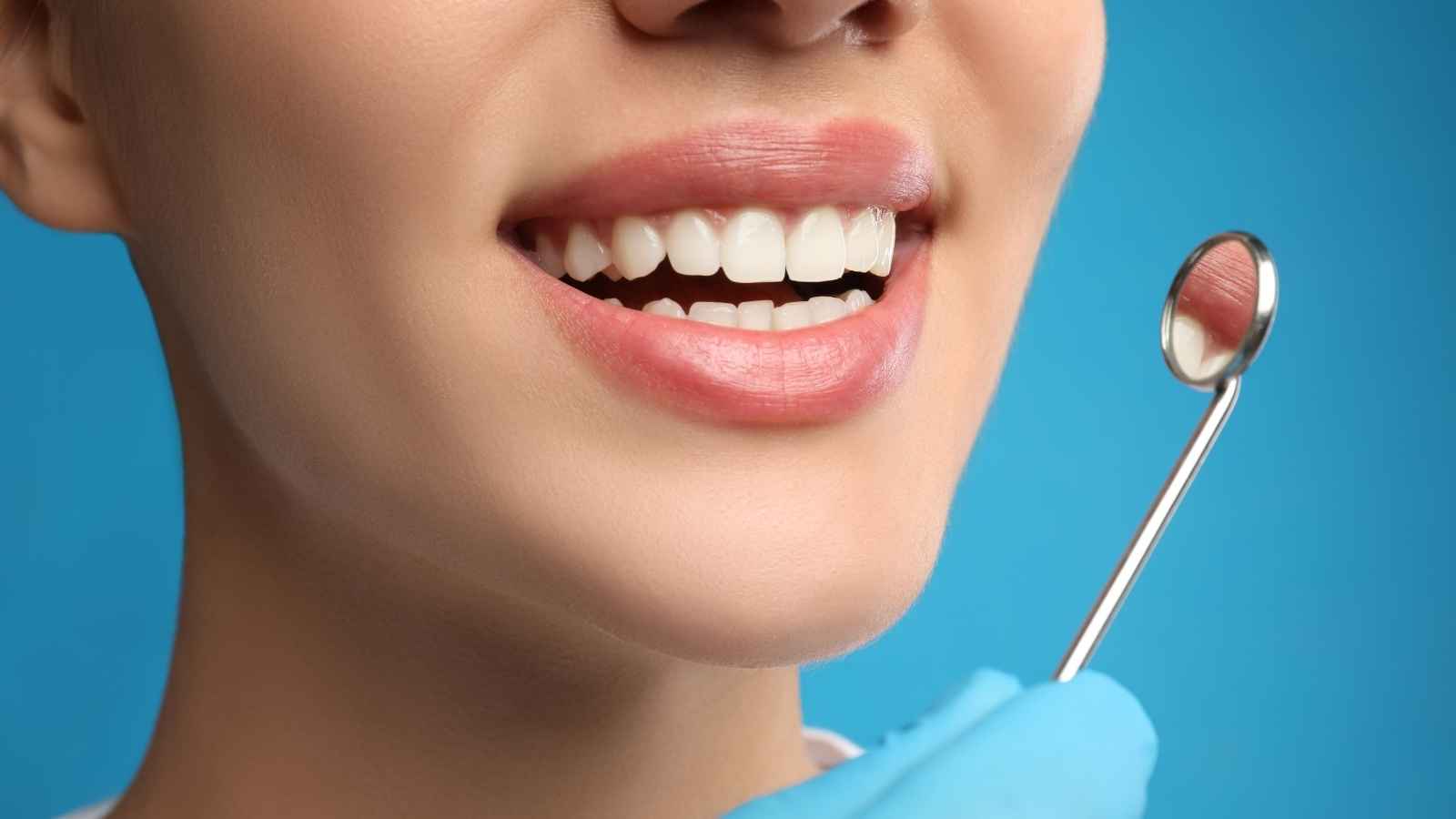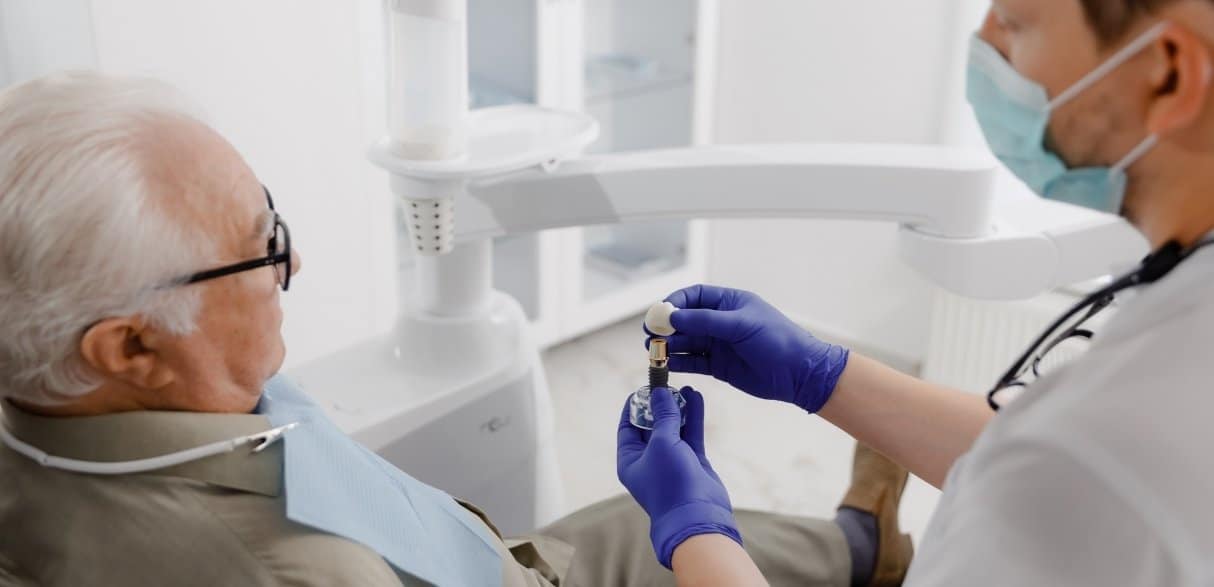245 11th Ave NE Hickory, NC 28601
How Long Do Cosmetic Dentistry Procedures Last? A Guide to Longevity

Wondering how long that perfect smile will last? Cosmetic dentistry offers amazing transformations, but each procedure has a unique lifespan. This blog aims to guide you through the longevity of various cosmetic dentistry procedures.
Understanding how long these enhancements last helps you plan your dental care effectively. Factors like dental hygiene, material quality, and lifestyle choices significantly affect the longevity of cosmetic procedures.
By keeping these in mind, you can maximize the lifespan of your dental investments and maintain that confident smile for years to come.
Factors That Influence the Longevity of Cosmetic Dentistry Procedures
Material Quality: The durability of cosmetic dentistry procedures largely depends on the materials used. For instance, porcelain veneers often outlast composite ones due to their strength and resistance to staining. High-quality materials may initially cost more but can save you from frequent replacements.
Dental Care and Maintenance: Regular oral hygiene practices are crucial in extending the lifespan of cosmetic treatments. Brushing, flossing, and rinsing with mouthwash help prevent decay and staining, ensuring that your dental work remains in top condition.
Lifestyle Habits: Lifestyle choices also play a significant role in durability. Smoking can discolor teeth and damage dental work. A diet high in sugar can lead to decay and other oral health issues, which affect the longevity of your cosmetic procedures. Teeth grinding, often a subconscious habit, can chip or crack veneers and crowns, reducing their lifespan.
Dental Expertise: Your cosmetic dentist’s skill and experience can greatly influence the outcome and longevity of your treatments. An adpet cosmetic dentist Hickory will use advanced techniques and materials, providing results that last longer and look better.
How Long Do Specific Cosmetic Dentistry Procedures Last?
Teeth Whitening: On average, professional teeth whitening lasts between one to three years. To extend these results, avoid staining foods and drinks, such as coffee and red wine. Using whitening toothpaste can help maintain brightness between treatments.
Dental Veneers: Porcelain veneers typically last 10 to 15 years, while composite veneers last around 5 to 7 years. Regular dental visits can help identify any wear or damage early on. Depending on the condition, replacements might be necessary.
Dental Bonding: Bonding usually lasts between 4 to 8 years. It can be more prone to chipping and staining than other options. If you choose bonding, be mindful of hard foods that could cause damage.
Dental Implants: Dental implants have a remarkable longevity of 15 years or even a lifetime with proper care. They integrate with the jawbone, providing stability and functionality. Regular dental check-ups are essential to monitor your implant’s condition.
Invisalign/Braces: The results from Invisalign or braces can last a lifetime, but wearing retainers is crucial after treatment. Retainers help maintain alignment, ensuring your smile stays straight and beautiful.
Dental Crowns: Crowns typically last between 10 to 15 years, depending on the material used and your dental habits. To extend the life of your crown, avoid hard foods and maintain excellent oral hygiene.
Gum Contouring: Gum contouring is usually permanent, though changes may occur due to natural gum recession over time. Regular dental visits can help monitor any changes and maintain gum health.
Tips to Prolong the Longevity of Your Cosmetic Dentistry
Oral Hygiene Routine: Maintaining a rigorous oral hygiene routine is essential. Brush your teeth at least twice daily and floss daily to keep your gums and teeth healthy. Regular dental check-ups allow your dentist to assess the condition of your cosmetic work.
Diet Adjustments: Making simple diet adjustments can have a significant impact. Reducing sugar intake helps prevent decay. Avoiding foods and drinks that stain, such as coffee, tea, and red wine, can keep your smile looking bright.
Protective Measures: If you participate in sports, using a mouthguard can protect your teeth and dental work. If you grind your teeth, consider a nightguard to prevent damage to veneers, crowns, or implants.
Routine Professional Care: Regular professional cleanings are crucial for maintaining your smile. Your dentist can remove plaque and tartar that regular brushing may miss, ensuring your cosmetic procedures last as long as possible.
Signs That It’s Time to Replace or Touch Up
Discoloration: Discoloration is a common issue with whitening treatments, bonding, and veneers. If you notice significant staining, it may be time for a touch-up or replacement.
Chips or Cracks: Chips or cracks can occur in veneers, bonding, and crowns. If you see any damage, consult your dentist promptly to discuss your options.
Gum Issues: Receding gums can expose tooth roots, affecting the appearance of your dental work. If you notice changes in your gum health, contact your dentist for advice.
Wear and Tear: Natural wear from years of use can take its toll. If your cosmetic dentistry looks worn out or less effective, it may be time for an assessment and potential replacements.
Proper care is vital in maintaining your cosmetic dentistry and extending its longevity. Good oral hygiene, regular check-ups, and a healthy lifestyle will help you preserve your smile.
If you are considering cosmetic procedures or need advice on maintaining your existing work, consult with our dentists. We can provide personalized recommendations tailored to your needs, ensuring your smile remains bright and beautiful for years to come.




